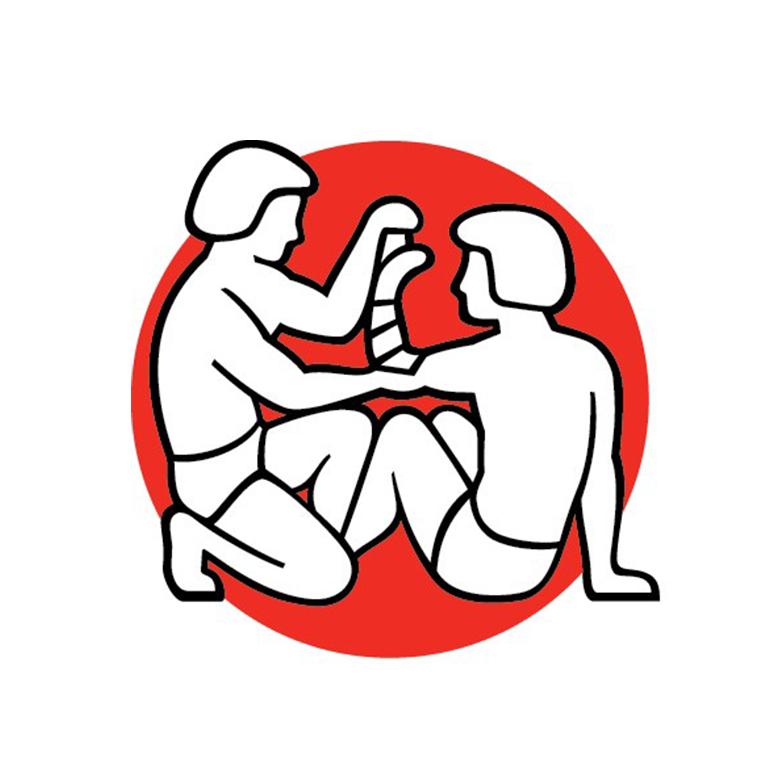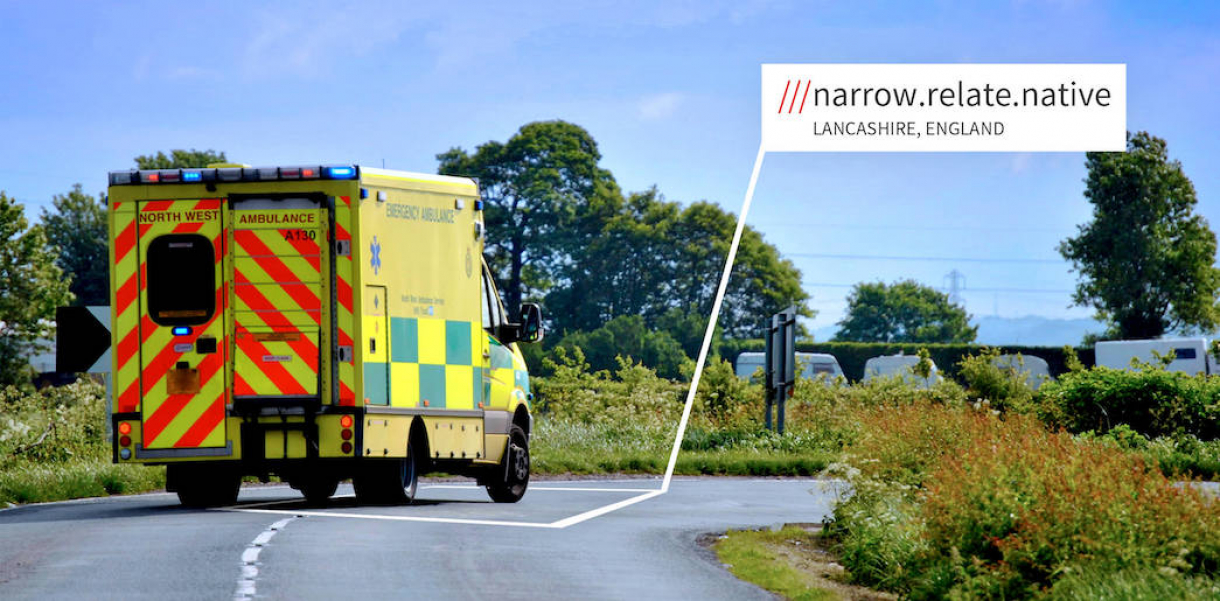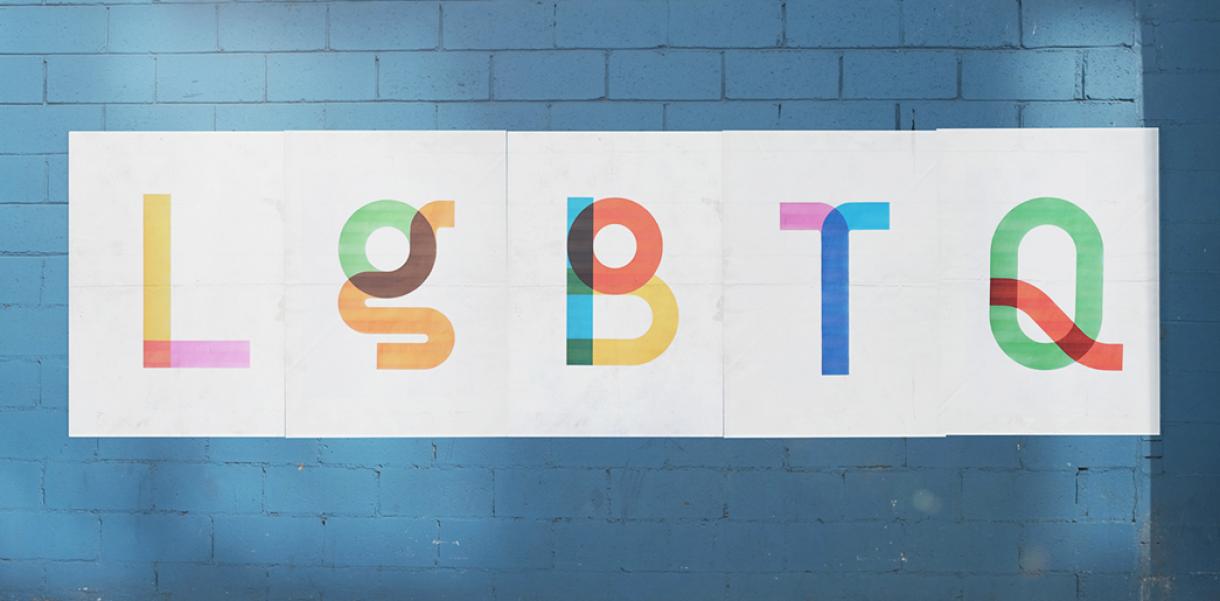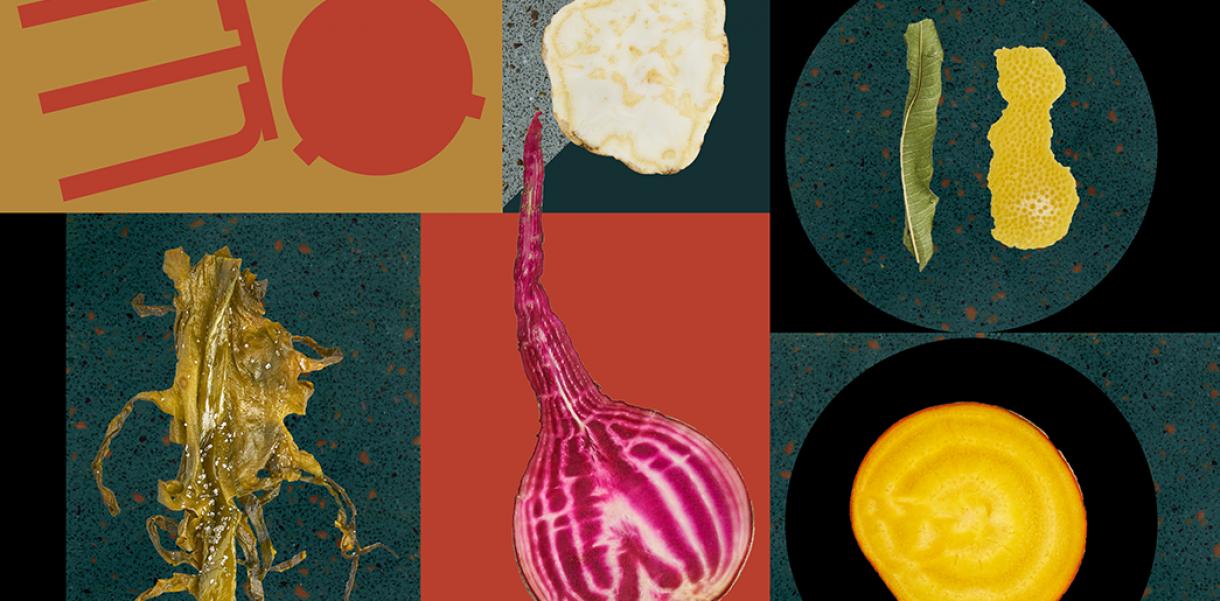
Incorrect addressing leads us to the wrong places. Unclear addressing leads us to annoyances and missed appointments. And unavailable addressing keeps us stuck: in the middle of nowhere unable to receive help or in a system that won’t let us progress.
It was the frequent annoyances that led future Founder of what3words Chris Sheldrick to rethink collective location finding. “Chris organised music events around the world (...) and street addressing wasn't accurate enough,” explains Giles Rhys Jones, CMO at what3words.
Together with mathematician school friend Mohan Ganesalingam, Chris cracked the code. They realised that by dividing the world into a grid of 3x3m squares and assigning each square a combination of three random words, it would create a system accurate enough to lead anyone to anywhere. Chris and Mohan then connected with Jack Waley-Cohen, also a school friend, with a background in translation – and in 2013, what3words was born.
Four years later in 2017, the revolutionary addressing system won an Index Award in the Home Category. Since then, the impact of what3words has expanded into all areas of life, making the incorrect, unclear and unavailable disappear.
“Millions of people around the world are using it on a daily basis to meet up with friends, photographers are using it to tag memorable locations,” Giles says and continues. “We’re being used by delivery services in different parts of the world and by NGOs and charities.”
The address system is accessible in multiple ways and languages. As an app, a web browser and even through Google Maps. Right now, what3words is available in 50 languages with a mobile app that’s been downloaded more than 30 million times.
“We are currently making the world a better place (…) And to have that sort of fundamental impact on the world is pretty humbling.”
When winning the Index Award in 2017, what3words was applauded for its potential: to not only improve addressing overall but the possibility of giving billions of people an address to ensure social mobility. To become one of the go-to system for emergency services to save more lives faster.
Today, they’re even more than that. An efficient tool for deliveries. Built into navigation systems in cars. A Ugandan rhino camp’s pathway to receive medical supplies. A location scout for film production. An address sign for informal settlements in South Africa. And an app that led emergency services to a boy and his grandma’s car crash and to an injured hiker in Tasmania.
“We are currently making the world a better place. Like fundamentally, we're making it less frustrating for people, we're making it much more efficient for everyone, and we're making it safer. And to have that sort of fundamental impact on the world is pretty humbling,” as Giles says.
”One of the aims is to be legally recognised by a country as an address, which would open up so many opportunities.”
what3words is being used by 85% of UK emergency services and by 100% of Australian emergency services. Every week, new stories arise of what3words changing and saving lives in refugee camps, natural disasters and immediate crises such as the turmoil in Afghanistan earlier this year.
For what3words, there are still many more goals to achieve. “So one of the aims is to be legally recognised by a country as an address, which would open up so many opportunities. Everything from voting to starting a business to just getting back out there,” Giles explains. “I think that would be quite a moment.”




